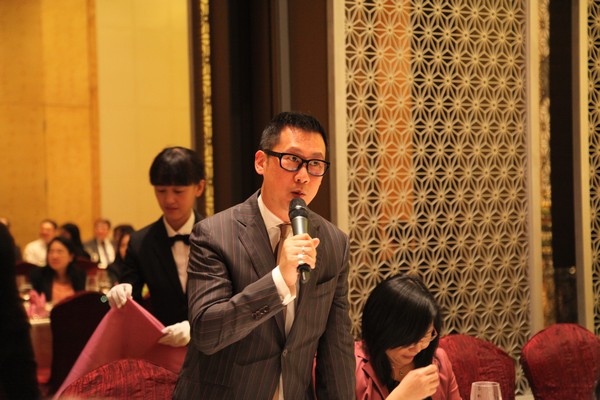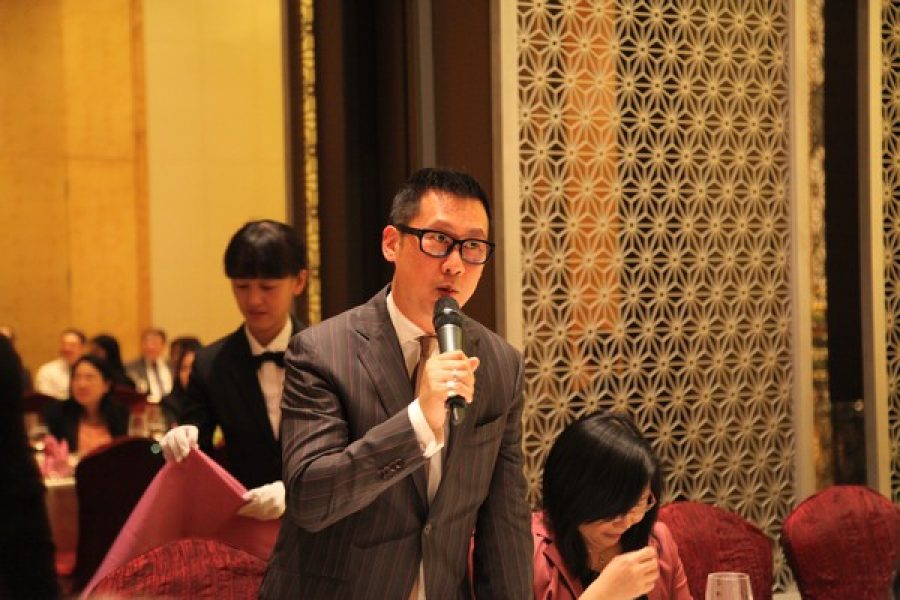Responding to a resident’s comment that “gambling is 90 percent a scam”, newly appointed Gaming Inspection and Co-ordination Bureau (DICJ) Director Paulo Martins Chan said that the government would do its best to minimise any possible negative impact that the gaming industry may have on civil society.
The director, who took up his position last month, also said that at the end of last month 35 junket operators’ licences were not renewed as they failed to submit their accounts in line with the new regulations which have been in place since the so-called Dore incident.
Chan, a public prosecutor by profession, made the remarks during a phone-in programme hosted by Ou Mun Tin Toi, the Chinese-language radio channel of government broadcaster TDM.
Chan was invited by the radio station to discuss the supervision and development of the city’s gaming industry.
According to media reports in November, about HK$700 million were embezzled by a senior member of staff of Dore Entertainment Company. Dozens of investors in the company have been staging a string of noisy protests to get their deposits back over the past few months.
Earlier this month, the Judiciary Police (PJ) said that a senior staff member of a VIP room at L’Arc hotel’s casino was suspected of having absconded with HK$99.7 million from the junket company.
A resident surnamed Ieong who rang the programme said that “gambling is 90 percent a scam”, pointing at the city’s many gaming-related crimes.
“The claim that ‘gambling is 90 percent a scam’ is what we hope to change … [we hope] Macau can become a city with honest gambling and a city of leisure tourism,” he said, adding, “We [the government] are able to minimise the possible negative effects [created by the gaming industry].”
During the programme, Chan also said that when the government considers possible amendments to the current gaming regulations, one direction would be how to ensure that the gaming business sector is operated in an “honest manner”, adding the government would do its best to strike the right balance in supervising the sector and ensuring its sound development.
Talking to reporters after the programme, Chan said that the number of junket operation licences stood at 141.
According to information provided by the bureau, 20 of the 141 licensees are individuals while the remainder are companies.
Chan also said that following the Dore incident its junket licence had only been renewed for three months after the previous licence had expired at the end of last month, adding that usually each junket operator’s licence gets a one-year extension.
“Dore is under a period of observation …when the three-month licence expires we will look into the situation again,” Chan said, adding he worried that the non-renewal of Dore’s licence could cause a “shock” to society.
He also said the bureau would continue to mediate between Dore and its complainants.
Asked by reporters about a proposed list of “bad gambling debtors”, Chan said he would meet the city’s junket operators and discuss several topics including the feasibility of setting up a database of clients after the Chinese New Year.
The list has been proposed by several local gaming experts.
(Macaunews/macaupost)






